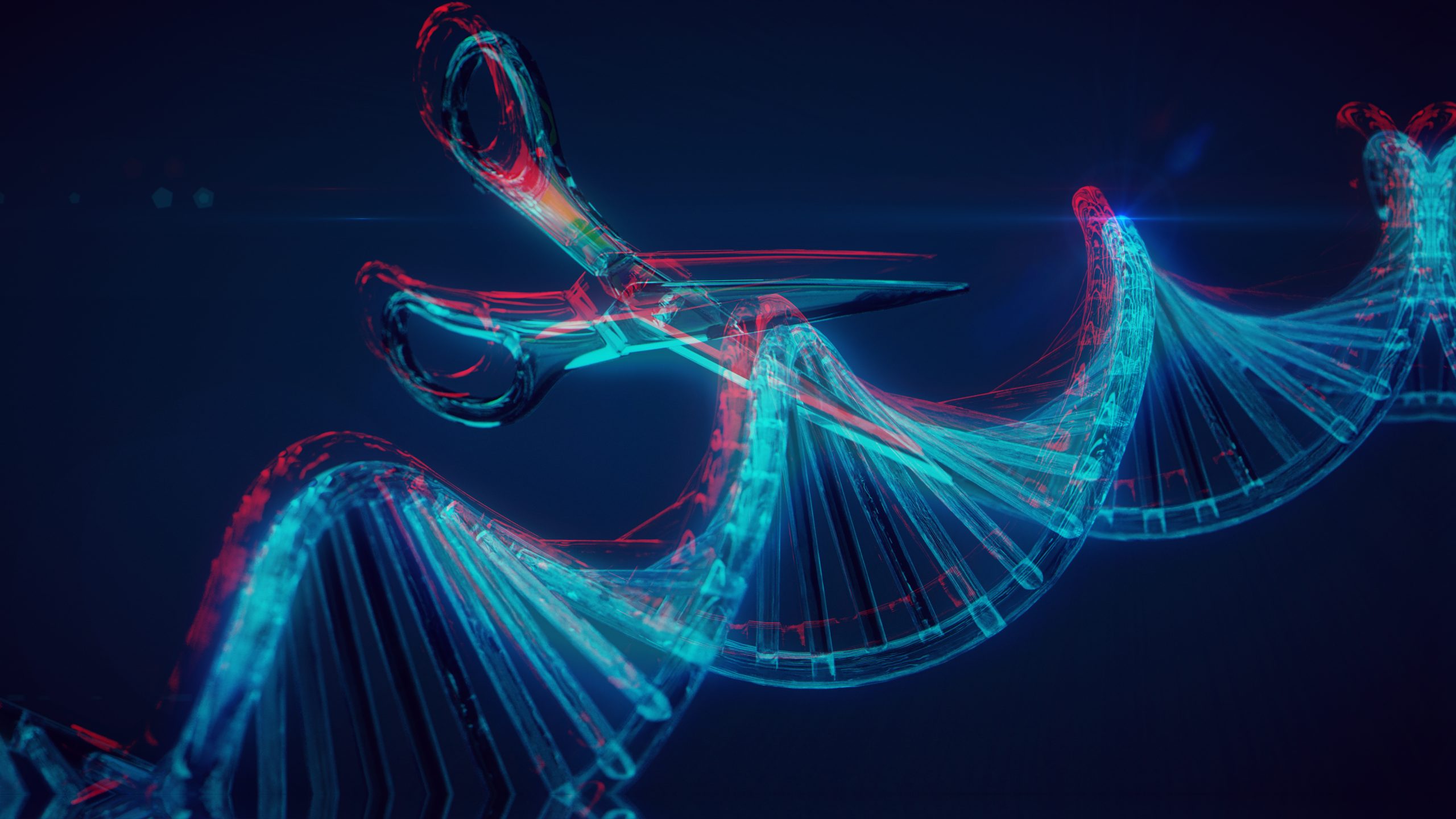- Comments Off on Copoly: Leading the Charge in Early Cancer Detection through Multi-Omics and AI

By Dr. Piru Perampalam, Chief Scientific Officer, and Giselle Bagatini, Chief AI Officer, Copoly
The fight against cancer is one of the most challenging and critical battles in modern medicine. Despite significant advancements, early cancer detection remains a complex problem due to the disease’s inherent heterogeneity among patients. At Copoly, we believe we are uniquely positioned to tackle this challenge by combining expertise in cancer biology, multi-omics, and cutting-edge artificial intelligence (AI). This article explores why Copoly is ideally poised to succeed in early cancer detection where others have struggled.
Expertise in Cancer and Multi-Omics
As the Chief Scientific Officer at Copoly, Dr. Piru Perampalam’s experience in cancer research and multi-omics has provided invaluable insights into the intricate biology of cancer. Multi-omics, which includes genomics, proteomics, and metabolomics, offers a comprehensive view of the molecular alterations in cancer cells. This holistic approach is essential for understanding the complexity and diversity of cancer.
“Multi-omics allows us to capture the multifaceted nature of cancer at a molecular level,” says Perampalam. “By integrating data from various omic layers, we can identify unique biomarkers and patterns that are critical for early detection.”
Harnessing the Power of AI and Machine Learning
Giselle Bagatini, our Chief AI Officer, brings unparalleled expertise in AI and machine learning to Copoly. The application of generative AI in cancer detection represents a paradigm shift in how we approach this problem. AI algorithms can analyze vast amounts of data, identify patterns, and predict outcomes with unprecedented accuracy.
“AI and machine learning enable us to process and interpret complex datasets that are beyond human capacity,” explains Bagatini. “By leveraging these technologies, we can detect cancer at its earliest stages, even amidst the noise and variability inherent in biological data.”
Why We Believe We Can Succeed
The question often arises: why do we think we can succeed where others have struggled? The answer lies in the synergy between our expertise and the transformative potential of generative AI.
-
Overcoming Heterogeneity: Cancer is not a single disease but a collection of related diseases, each with its own unique genetic and molecular profile. This heterogeneity has been a significant barrier to early detection. However, generative AI can identify subtle patterns and correlations within this diversity, enabling us to detect cancer despite its variability among patients.
-
Integrative Analysis: By combining multi-omics data with AI, we can perform integrative analyses that provide a more comprehensive understanding of cancer biology. This approach allows us to identify biomarkers and signatures that are predictive of early cancer development.
-
Enhanced Sensitivity and Specificity: Traditional diagnostic methods often struggle with sensitivity and specificity. Our AI-driven platform can enhance these parameters, reducing false positives and negatives, which are crucial for early and accurate cancer detection.
-
Scalability and Efficiency: AI technology allows us to scale our diagnostic capabilities efficiently. What once took months of manual analysis can now be accomplished in a fraction of the time, providing rapid and reliable results to clinicians and patients.
The Road Ahead
At Copoly, we are committed to pushing the boundaries of cancer diagnostics. Our flagship product, OncoSage, integrates multi-omics and AI to provide a robust platform for early cancer detection. By continuously refining our algorithms and expanding our datasets, we aim to improve the accuracy and reliability of our diagnostics.
“Early cancer detection is not just a scientific challenge; it’s a moral imperative,” says Perampalam. “We are dedicated to making a difference in patients’ lives by catching cancer early when it is most treatable.”
“Through the power of AI and multi-omics, we are unlocking new possibilities in cancer detection,” adds Bagatini. “Together, we can transform the future of oncology and provide hope to millions of patients worldwide.”
Conclusion
Copoly’s unique blend of expertise in cancer biology, multi-omics, and AI positions us to lead the charge in early cancer detection. By overcoming the hurdles that have traditionally impeded progress in this field, we are poised to make significant strides in improving patient outcomes and saving lives.
Related Post
Unlocking the Future of Cancer Therapy: CRISPR/Cas Meets Copoly
- Comments Off on Unlocking the Future of Cancer Therapy: CRISPR/Cas Meets Copoly
EVO-2: Revolutionizing Biomedical Research with AI-Driven Genomics
- Comments Off on EVO-2: Revolutionizing Biomedical Research with AI-Driven Genomics
Preparing for AI in Genetic Engineering R&D: A Roadmap for Success
- Comments Off on Preparing for AI in Genetic Engineering R&D: A Roadmap for Success




